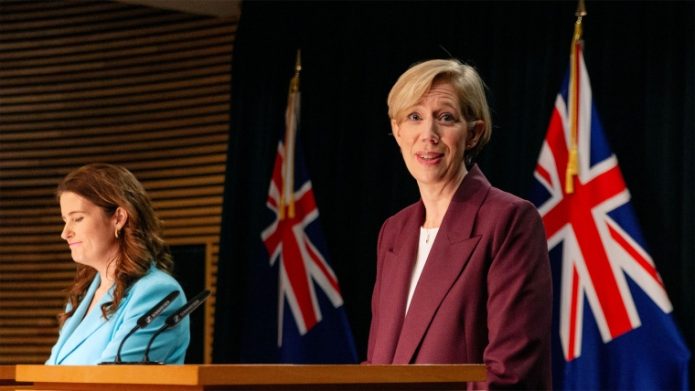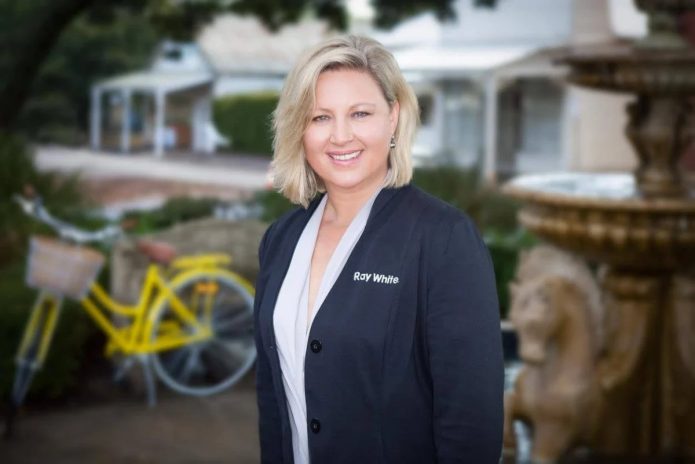PHOTO: Some landlords are great, others well they are …. FILE
Welcome to Sisters In Law, news.com.au’s weekly column solving all of your legal problems. This week, lawyers and real-life sisters Alison and Jillian Barrett from Maurice Blackburn advise on what to do if your landlord isn’t fixing issues in your rental.
Question:
I moved into a rental four months ago and it was a nightmare from the start. There are ongoing issues with leaks which means every few weeks I need to call the landlord to get a plumber in and the water needs to be turned off for days at a time.
Then recently the toilet wouldn’t flush for an entire weekend. There’s also an issue with the front door not locking properly which means I never know if my apartment is properly secured or not. I signed a 12-month lease but I feel I can’t stay the way things are!
The landlord is evasive and often doesn’t get back to my messages which makes me so frustrated and angry. Can I withhold rent if things aren’t fixed? What are my rights when it comes to breaking a lease? – Hayley, Vic

There’s also an issue with the front door not locking properly. Picture: iStock
Answer:
We can hear your frustration at having to constantly chase the landlord over issues that need to be addressed.
The law outlines minimum standards that apply to rental agreements that started after March 29, 2021 (and agreements that started before this day but rolled over to periodic agreements after).
The three relevant standards that apply to your complaints are:
- The toilet must be in good working order
-
The bathroom and kitchen need to be connected to a reasonable supply of hot and cold water; and
-
All external entry doors, other than screen doors, must have a functioning deadlock or be fitted with a lock that is operated by a key from the outside (there are some limited exceptions to this, such as for common property doors).
Going without water for days at a time, particularly if this happens repeatedly, is unlikely to be seen as a reasonable supply of water, and therefore a breach of minimum standards.

Landlords also have a general duty to ensure the home is maintained in good repair. Picture: iStock
Similarly, your front door not locking would also likely be a breach of the minimum standards.
Landlords also have a general duty to ensure that the home is maintained in good repair and in a reasonably fit and suitable condition to live in.
There are two different types of maintenance issues, that is, those that require urgent repairs and those that are non-urgent.
If the premises does not meet the minimum standards (regarding the supply of water, a toilet in good working order and a functioning door lock) you are entitled to ask the landlord to urgently repair the issue so it meets the standards.
Non-urgent repairs, such as a dripping tap or some damage to carpet, are required to be done within 14 days of notifying your landlord.
For urgent repairs that cost less than $2500, you can organise for the work to be carried out immediately if you have asked the landlord to arrange the work but they have failed to do so.
To be reimbursed for the cost of the work, you will need to give the landlord written evidence of the repairs and the cost, to which they will have seven days to reimburse you.

To be reimbursed for the cost of the work, you will need to give the landlord written evidence of the repairs and the cost. Picture: iStock
You can apply to the Victorian Civil and Administrative Tribunal (VCAT) for an order to force the landlord to undertake repairs if the urgent repairs cost more than $2500, you can’t afford to pay for the repairs, or non-urgent repairs have not been done within 14 days of advising the landlord.
As a general rule you should request all repairs in writing, detail the complaint and its impact, specify the deadlines outlined by the law and keep a copy of your letter.
There are a number of breach of duty notices available on the Consumer Affairs Victoria website that you should complete and provide to your landlord.
You don’t have the right to stop paying rent. Even where the landlord is refusing to do repairs, your obligation to pay rent continues. You will face eviction if you stop paying and you will remain liable for rent.
However, VCAT can order that while you are waiting on repairs your rental payments are redirected into a special trust account rather than being paid directly to the landlord.
If the repairs are ultimately not done to the minimum standards you can then apply for a refund of some or all of your rent.

There are a number of breach of duty notices available on the Consumer Affairs Victoria website. Picture: iStock
READ MORE VIA NEWS.COM.AU













